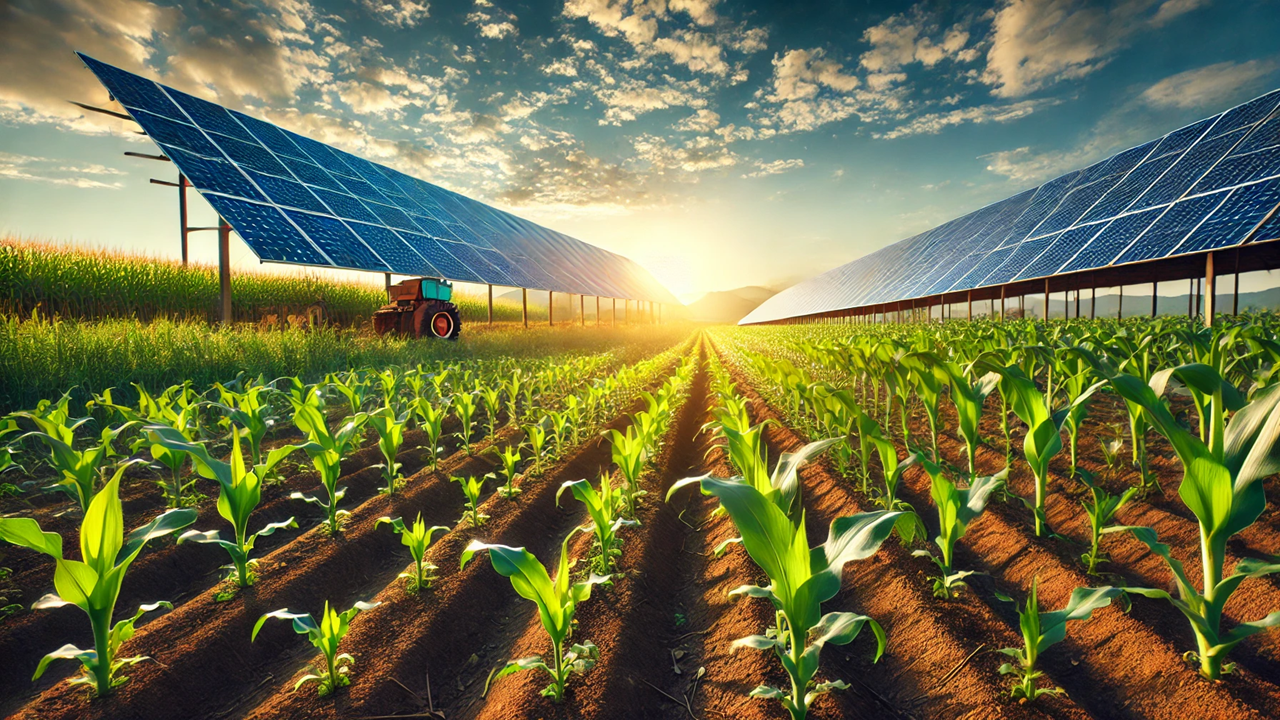ADB Approves $24.3 Million Financing for Bangladesh’s Solar Power Plant
$15.5 million loan from ADB$8.8 million loan from Leading Asia’s Private Infrastructure Fund 2 (LEAP 2), which is administered by ADB.

- Country:
- New Zealand
The Asian Development Bank (ADB) has signed a $24.3 million financing agreement with Muktagacha Solartech Energy Limited (MSEL) to support the development of a 20-megawatt (MW) grid-connected solar photovoltaic power plant in Mymensingh, Bangladesh. This marks a significant step in the country’s renewable energy push and the private sector’s involvement in large-scale solar energy projects.
Financing Details and StructureAs the sole mandated lead arranger, ADB structured and syndicated the financing for MSEL, which is owned by Joules Power Limited (JPL), a Bangladesh-based energy company. The financing package includes:
$15.5 million loan from ADB$8.8 million loan from Leading Asia’s Private Infrastructure Fund 2 (LEAP 2), which is administered by ADB.
This collaboration highlights the ADB’s commitment to advancing sustainable energy solutions in Bangladesh, where renewable energy currently comprises only 4.5% of the total power capacity. The project will generate 37.9 gigawatt-hours (GWh) of electricity annually and help avoid the emission of 18,344 tons of carbon dioxide per year.
Sustainable Energy Milestone in Bangladesh
The solar power plant will be one of the first private sector utility-scale solar facilities in Bangladesh to receive international financing, paving the way for more renewable energy projects in the country. This plant will contribute significantly to the nation’s goal of diversifying its energy mix and reducing its reliance on fossil fuels.
Suzanne Gaboury, ADB’s Director General for Private Sector Operations, emphasized the importance of the financing package:“ADB’s financing aims to drive progress and advance sustainable energy solutions in Bangladesh. The long-term financing will help promote private sector involvement in developing renewable energy in the country, while addressing the critical capital needs of renewable projects,” she said.
Role of LEAP 2 and ADB’s Commitment to Sustainability
The project is also supported by LEAP 2, a fund managed by ADB with a commitment of $1.5 billion from the Japan International Cooperation Agency (JICA). LEAP 2 focuses on supporting sustainable private sector infrastructure projects in developing countries, targeting projects that reduce carbon emissions, improve energy efficiency, and provide affordable services in sectors such as healthcare, education, and communications.
The financing package is expected to catalyze further investment in Bangladesh’s renewable energy sector, helping to meet the country's growing energy demand sustainably. As of now, Bangladesh's power generation heavily relies on fossil fuels, and expanding renewable energy capacity is key to meeting its climate goals.
Joules Power Limited’s Commitment to Sustainability
Joules Power Limited (JPL), established in 2010, is a part of the Expo Group, a conglomerate based in Bangladesh. JPL is committed to sustainable energy solutions and is focused on scaling renewable energy infrastructure across the country. This project is their second solar initiative and reinforces their commitment to sustainability.
Nuher Latif Khan, Managing Director of JPL, expressed his excitement about securing the financing: “We are thrilled to secure financing from ADB for our second solar project in the country. Collaborating with a globally respected financial institution like ADB underscores JPL's commitment to sustainability and represents a major milestone in our pursuit of sustainable growth in renewable energy initiatives.”
Promoting Clean Energy Transition in Bangladesh
The construction and operation of this solar facility will play a pivotal role in Bangladesh’s transition to cleaner energy. The project aligns with ADB’s broader goals of supporting climate-resilient infrastructure and promoting the shift to renewable energy solutions in the Asia-Pacific region.
As MSEL moves forward with the construction of the solar plant, it will create job opportunities, contribute to energy security, and help Bangladesh make progress in its climate action goals. With continued support from ADB, Bangladesh is poised to enhance its renewable energy capacity, paving the way for a greener future.









